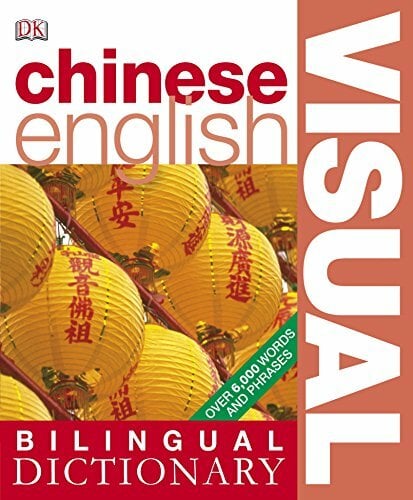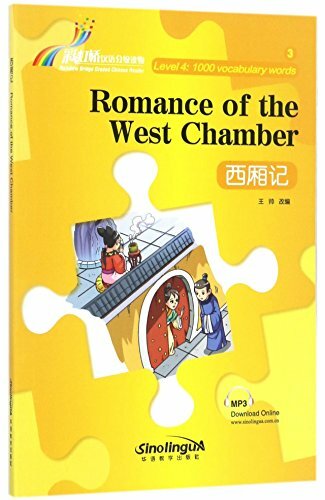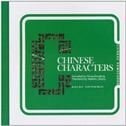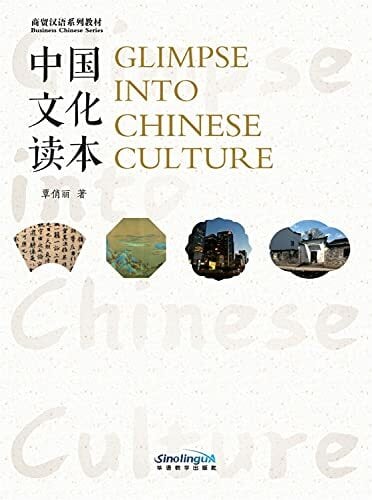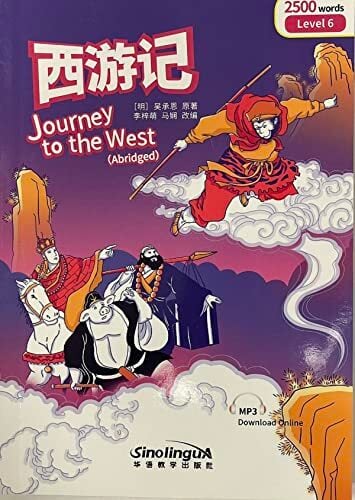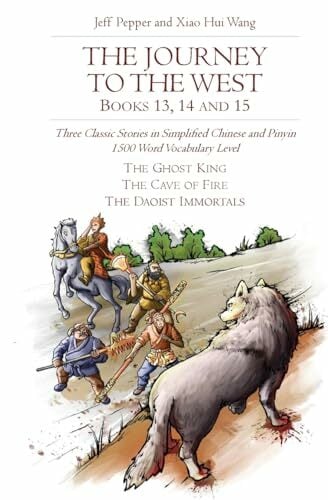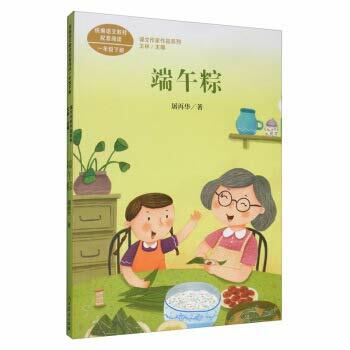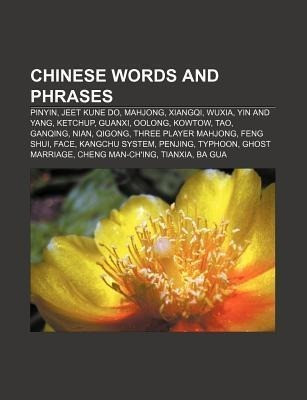
Chinese words and phrases
Kurzinformation
inkl. MwSt. Versandinformationen
Artikel zZt. nicht lieferbar
Artikel zZt. nicht lieferbar

Beschreibung
Source: Wikipedia. Pages: 126. Chapters: Pinyin, Jeet Kune Do, Mahjong, Xiangqi, Wuxia, Yin and yang, Ketchup, Guanxi, Oolong, Kowtow, Tao, Ganqing, Nian, Qigong, Three player mahjong, Feng shui, Face, Kangchu system, Penjing, Typhoon, Ghost marriage, Cheng Man-ch'ing, Tianxia, Ba gua, Heqin, Ten thousand years, Cheongsam, Zhong Gong, Wu wei, Taiji, Wuji, Fenqing, Shan shui, Nine Provinces, Guzheng, Jianzi, Hanjian, Mu, Baduanjin qigong, Burning of books and burying of scholars, People's democratic dictatorship, Chinese terms for God, Sang piao xiao, Ba construction, Zongzi, Laowai, Shumai, Yuanfen, Three Treasures, Iron Palm, Paifang, Xie, Fanqie, Strawberry generation, Tui na, Liu Zi Jue, Changshan, Huaxia, Tao yin, Iron rice bowl, Xiaokang, Yamen, Dì, Genealogy book, Primordial qigong, Huo hei àn, Fuqi feipian, Chungcheng, Sampan, Amah, Q-version, Three men make a tiger, Chinese words of English origin, Three laughs at Tiger Brook, Xiehouyu, Yuán qì, Great unity, Tian Gao Huang-di Yuan, Luduan, Hooyou, Stinking Old Ninth, Jiayou, An hua, Hien, Zhongguo, Yaohua, Yellow Music, Ti yong. Excerpt: Qigong or chi kung (¿¿) is the Chinese philosophy and practice of aligning breath, physical activity and awareness for mental, spiritual and corporeal health, as well as the development of human potential. It includes aspects of Chinese martial arts and the spiritual awakening to one's true nature. Qigong or Chi kung is an English form for two Chinese characters: qì (¿) and gong (¿). Dictionary definitions of qi (or chi) usually involve "breath", "air", "gas" and "vapor" but it can also be used when describing the relationship between matter, energy and spirit. Qi (often in the form chi, especially in the West) is also known as a focus point for energy in Chinese (and Chinese-influenced) martial arts such as kung fu, and often seen as an intrinsic life energy or vital force within living things. Definitions of the word gong (or kung) usually involve "force" or "power", with success implications like "achievement" and "results". The two words are combined to describe systems and methods of cultivation and manipulation of this life energy, especially for health. Different segments within Chinese society have derived a variety of forms of qigong. The traditional Chinese medicine community uses qigong for preventive and curative functions. The Chinese martial arts community considered qigong training an important component in enhancing martial abilities. The religious community, including both Taoist and Buddhist traditions, uses qigong as part of their meditative practice. Confucian scholars practice qigong to improve their moral character. In the 1940s and the 1950s, the Chinese government tried to integrate those disparate approaches into one coherent system with the intention of establishing firmer scientific bases for those practices and as part of the political philosophy of the Cultural Revolution. This attempt is considered by some sinologists as the start of the modern or scientific interpretation of qigong. Mainstream science does not recognize the existence o von Source: Wikipedia
Produktdetails

So garantieren wir Dir zu jeder Zeit Premiumqualität.
Über den Autor

- Kartoniert
- 128 Seiten
- Erschienen 2019
- Huang, Hefei

- paperback
- 89 Seiten
- Erschienen 2009
- Beijing Language and Cultur...

- Kartoniert
- 311 Seiten
- Erschienen 2016
- Disserta Verlag

- paperback
- 1296 Seiten
- Erschienen 2004
- Oxford Univ Pr

- Kartoniert
- 464 Seiten
- Erschienen 2022
- Korean Book Services









